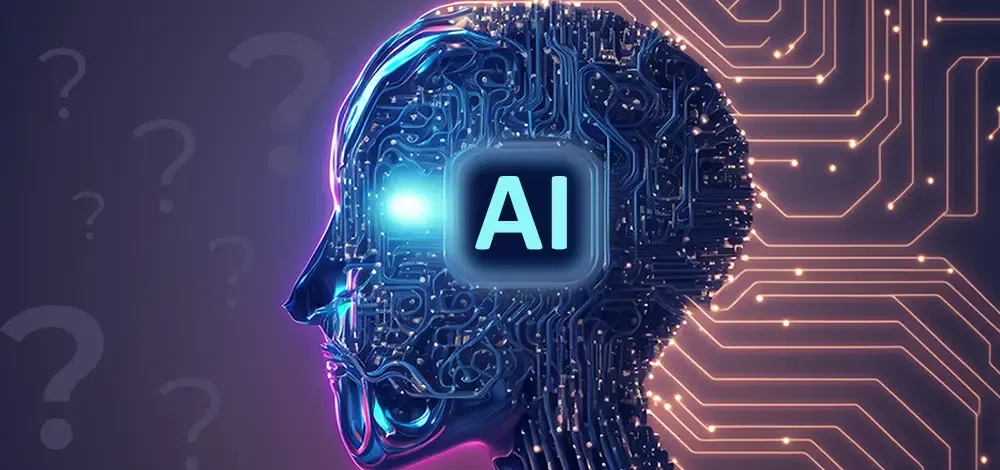
The Rise of Artificial Intelligence:
Transforming the Future

Artificial Intelligence (AI) has become an integral part of our lives, revolutionizing various industries and enhancing our daily experiences. From voice assistants to self-driving cars, AI has undoubtedly brought about significant advancements. However, as with any powerful technology, AI also carries inherent risks and potential dangers that we must be aware of.
The Rise of AI: Current News and Data
Recent news and data highlight both the remarkable achievements and the potential dangers associated with AI. Let’s delve into some of the key developments:
1. Autonomous Weapons:
One of the most concerning aspects of AI is its potential use in autonomous weapons. These weapons, once programmed, can independently identify and engage targets without human intervention. The fear is that if these weapons fall into the wrong hands or malfunction, they could cause significant harm and destruction. The international community is actively debating the regulation and control of these AI-powered weapons.
2. Deepfake Technology:
Deepfake technology, powered by AI, has the ability to manipulate or fabricate audio and video content to create highly realistic but false representations of individuals. This technology has raised concerns about the spread of misinformation, identity theft, and the erosion of trust in digital media. It is crucial to develop robust detection methods and educate the public about the risks associated with deepfakes.
3. Job Displacement:
The rapid advancement of AI technology has also raised concerns about job displacement. As AI systems become more capable, there is a growing fear that they may replace human workers in various industries, leading to unemployment and economic inequality. It is essential to address these concerns by focusing on retraining and upskilling the workforce to adapt to the changing job landscape.
4. Algorithmic Bias:
AI algorithms are designed to make decisions based on patterns and data. However, if these algorithms are trained on biased or incomplete data, they can perpetuate and amplify existing societal biases. This can result in discriminatory outcomes, such as biased hiring practices or unfair lending decisions. It is crucial to ensure transparency, accountability, and diversity in the development and deployment of AI algorithms.
The Potential Dangers of AI
While AI has the potential to bring tremendous benefits, it is crucial to acknowledge and address the potential dangers it poses:
1. Lack of Human Control:
As AI systems become more complex and autonomous, there is a risk of losing human control over their actions. This raises concerns about accountability and the ability to intervene in critical situations. It is vital to establish clear guidelines and regulations to ensure human oversight and prevent AI systems from making decisions that could harm individuals or society.
2. Ethical Considerations:
AI systems are only as ethical as the data they are trained on and the algorithms they employ. It is essential to consider the ethical implications of AI, such as privacy concerns, data security, and the potential for discrimination. Implementing ethical frameworks and guidelines for AI development and deployment can help mitigate these risks.
3. Unintended Consequences:
AI systems are designed to optimize specific objectives, but they may not always consider the broader consequences of their actions. This can lead to unintended negative outcomes. It is crucial to thoroughly test and evaluate AI systems before deployment to minimize the potential for unintended harm.
4. Singularity and Superintelligence:
The concept of AI surpassing human intelligence, known as the singularity, raises profound existential questions. While this level of AI development is still speculative, it is essential to consider the potential risks associated with superintelligent AI systems. Ensuring robust safety measures and ongoing research in AI ethics can help navigate this uncertain future.
It is important to recognize that the dangers of AI are not insurmountable obstacles but challenges that require proactive measures and responsible development. By promoting transparency, accountability, and ethical considerations, we can harness the power of AI while safeguarding against its potential risks.
In conclusion, AI holds immense potential to transform our world positively, but it also comes with inherent dangers. Staying informed about the latest news and data surrounding AI is crucial to navigating the risks and making informed decisions. By addressing the potential dangers head-on, we can shape a future where AI benefits humanity while minimizing the risks it poses.